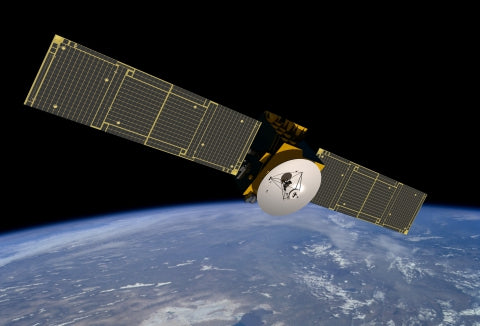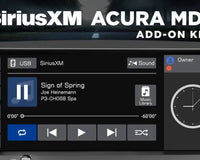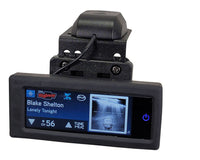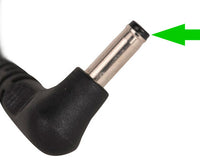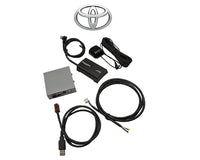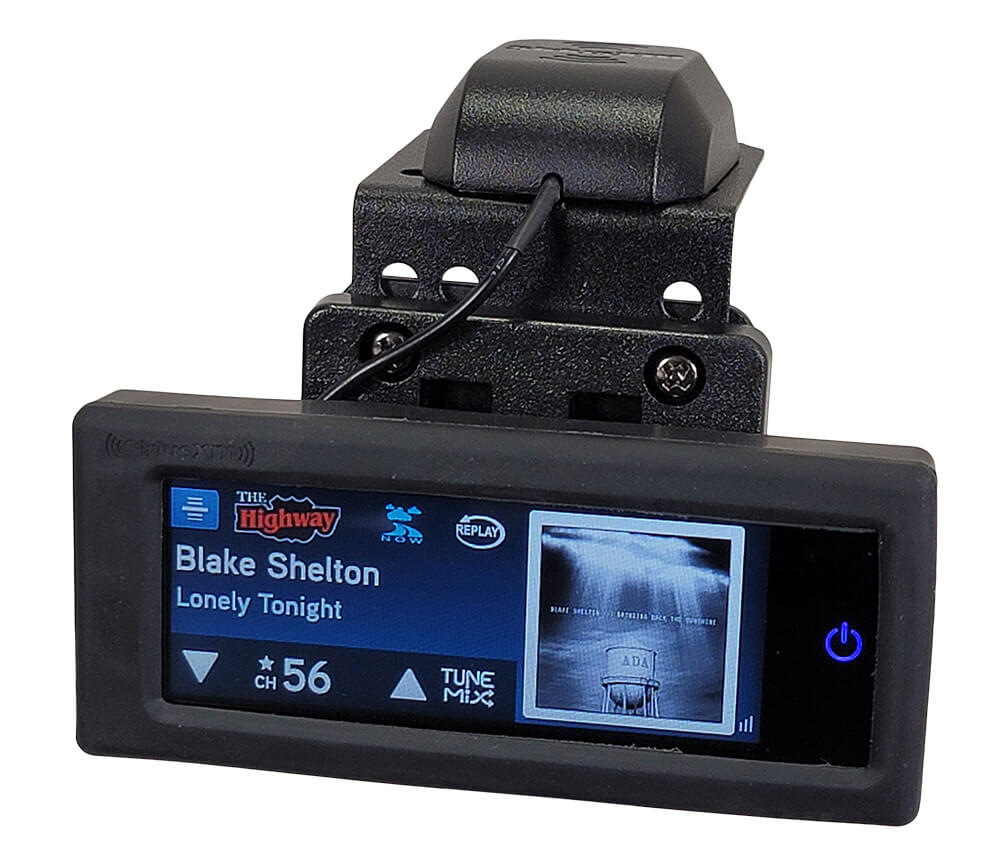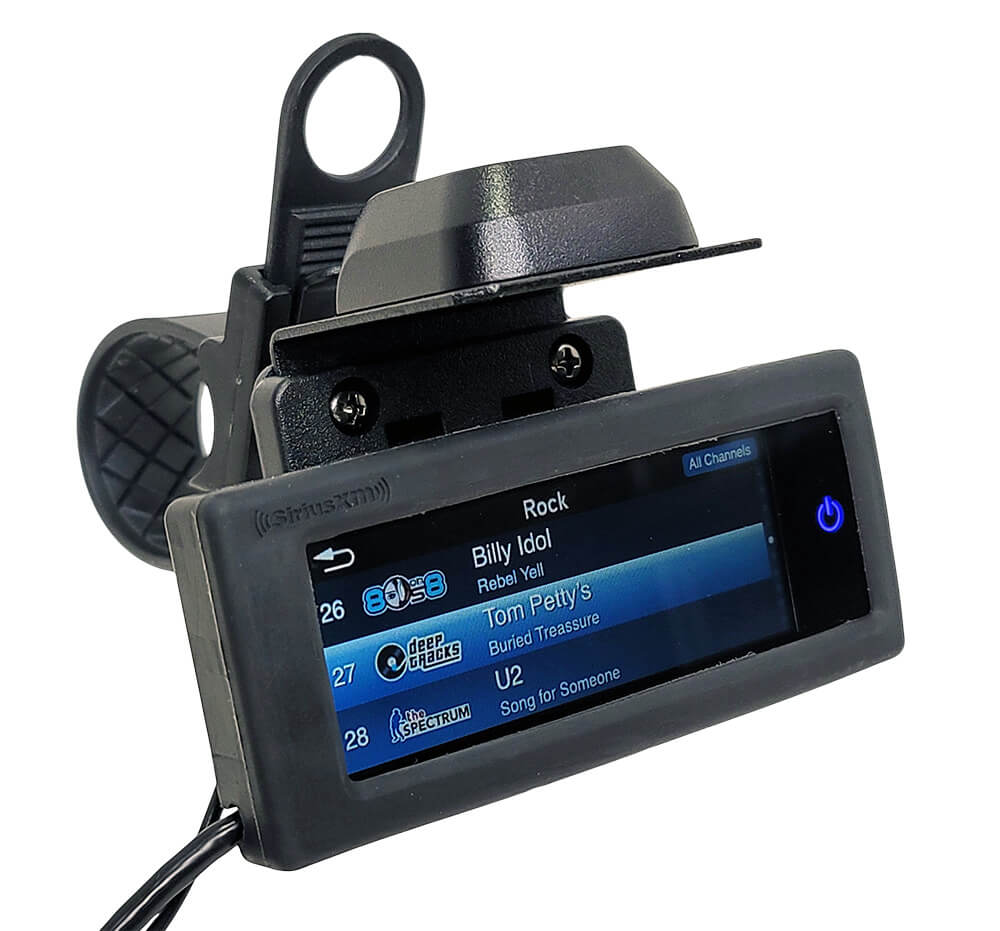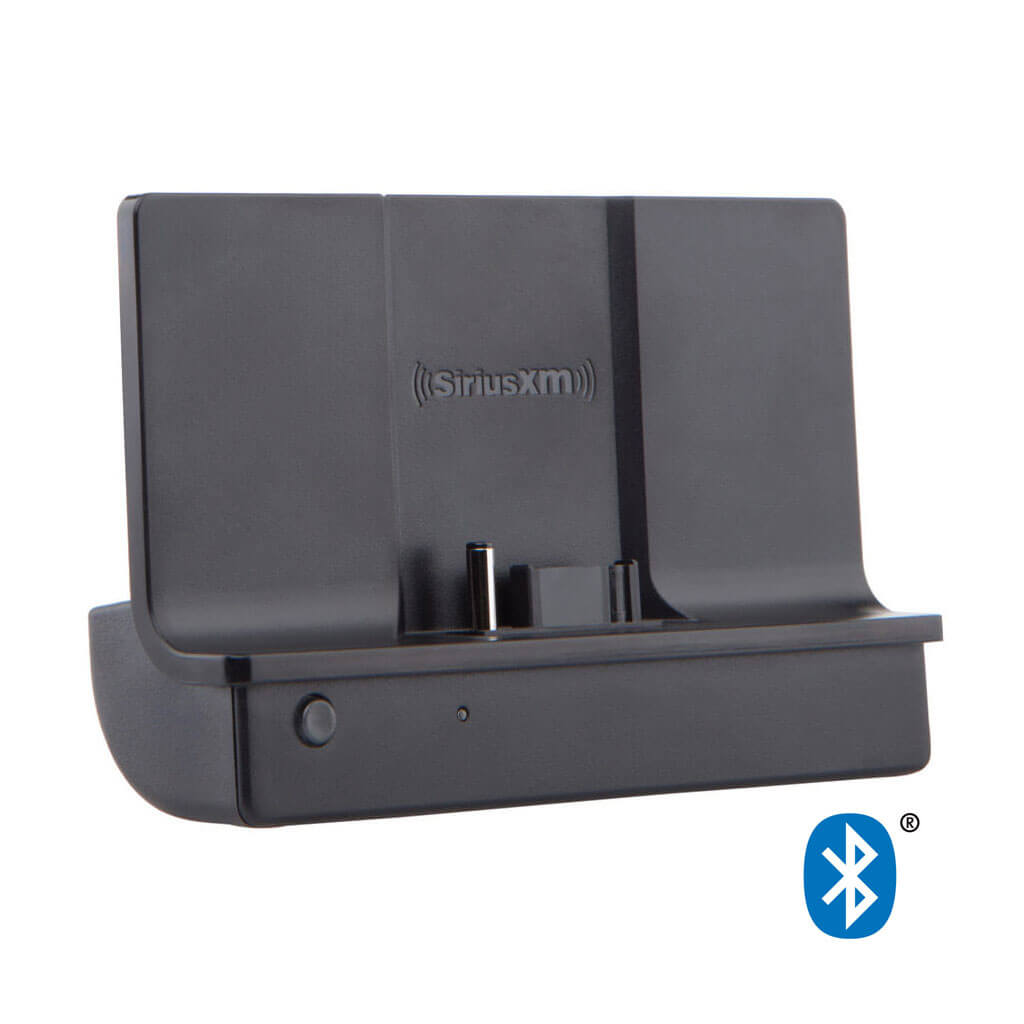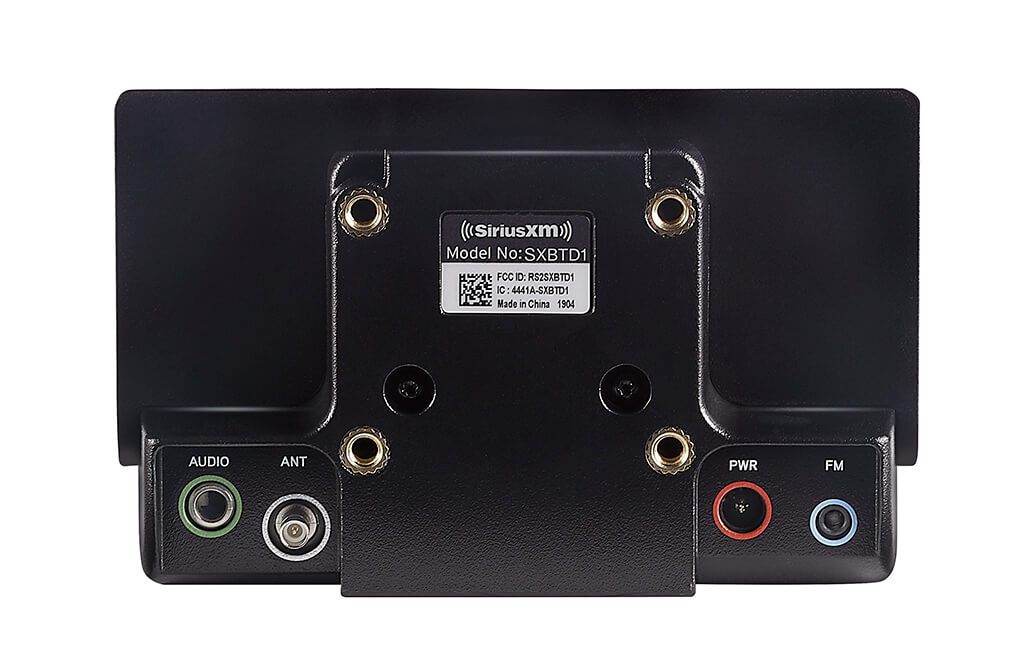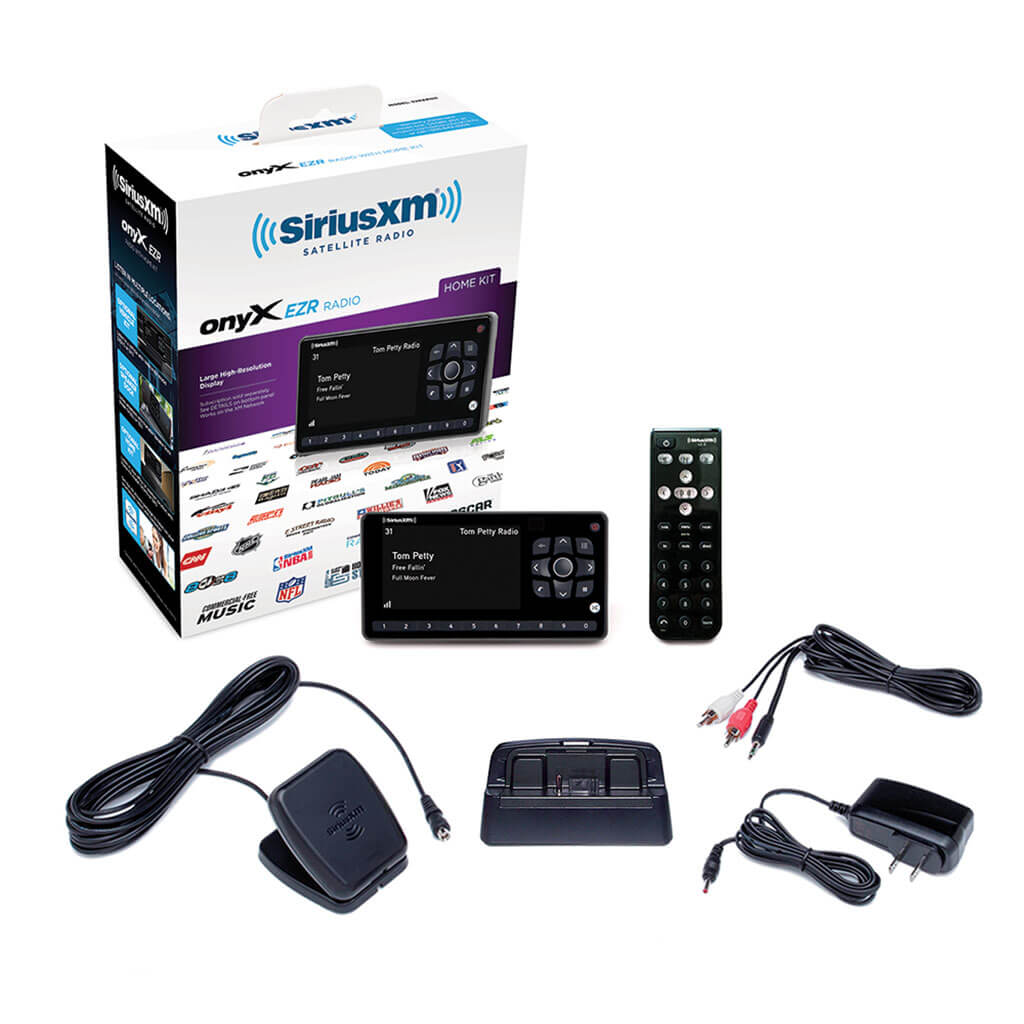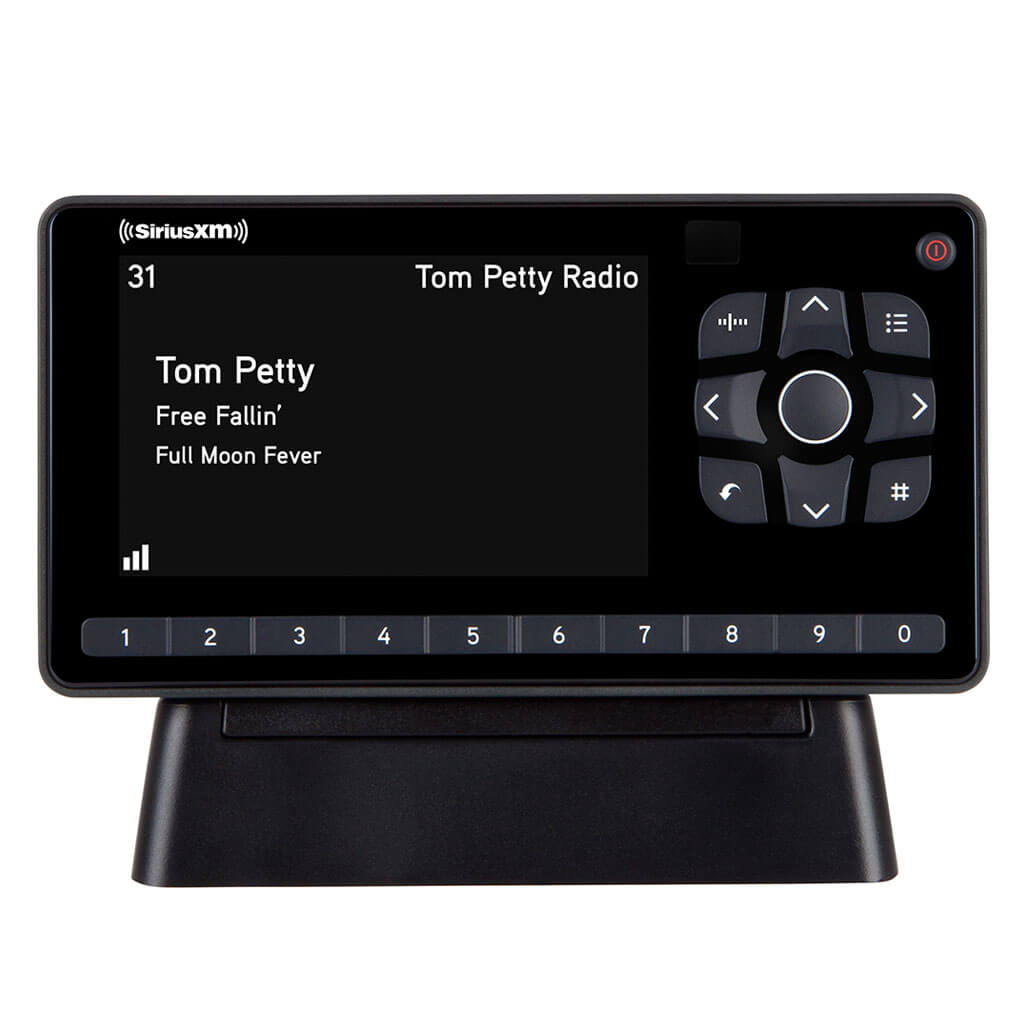
Satellite radio has been on the scene for a few decades now, and we are pumped that the service keeps getting better and better. Those satellites that roam the sky and send down commercial-free music, news, comedy, - or whatever your ears desire - are incredible. The technology continues to advance each and every year, but at this point, the radio satellites orbiting us don’t have a strong enough signal to make it easy for your radio to pick up the tunes without the help of satellite radio antennas.

What’s The Difference Between Satellite Radio And GPS Signals?
We ask this question because we noticed you don’t need an extra antenna to navigate your GPS, so why is this?

GPS
The Global Positioning System (GPS) satellites have revolutionized the way our society navigates. Long gone are the days of paper maps and the need to rely on a human co-pilot to get you to your destination. GPS units, such as Garmin or any smartphone navigation system, connect to at least three different satellites orbiting the earth to deliver the latitude, longitude, and movement. For best results, GPS signals connect to four different satellites to determine the altitude of the searcher; some high-tech GPS devices can connect to as many as nine satellites at one time. The spectrum on which a GPS signal frequents is a clear and strong connection to the tiny antenna that is installed in every navigable device. There is simply no need for additional support.


Satellite Radio
We can talk about the advantages of satellite radio for days. Today, however, we’ll stick to the satellite details of SiriusXM radio. Essentially, satellite radio means a person can listen to the same radio programs across the continent (and commercial-free, of course) because the signal is derived from a private satellite orbiting the earth. Unlike the GPS satellites, the communications satellites have a different frequency on the signal spectrum. This is because there are fewer people using SiriusXM radio satellites than GPS satellites, and the radio satellites are working as one signal to distribute the right program to the listeners.

Using Satellite Radio Antennas
Users do not need antennas for GPS service because the devices are readily equipped with the right antenna, albeit quite small. Satellite radio users, however, need antennas to narrow down the exact signal spectrum from the communications satellite. Simply, communications satellites operate differently than location satellites, using separate signal spectrums to send information. There are specific satellite radio antennas for cars, homes, boats, trucks and RVs, ATV and UTVs, bikes and motorcycles, and more satellite radio kits. You'll get the signal you want (and pay for); you just need an antenna to help make it clear.


